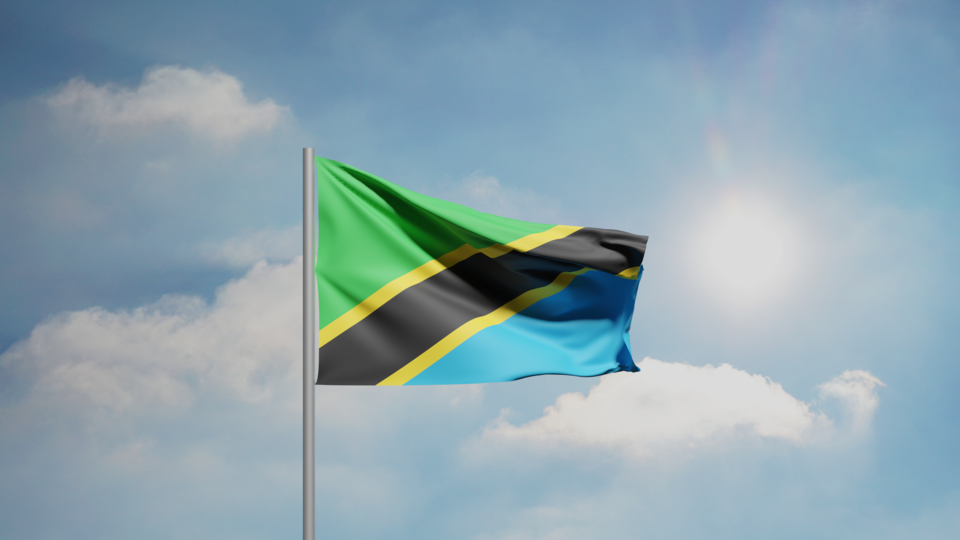Tanzania’s Union Day: Siku ya Muungano
Tanzania’s Union Day, known in Swahili as Siku ya Muungano, is a significant national holiday in Tanzania. People celebrate it annually on April 26th to commemorate the 1964 union of two sovereign states. In that year, the countries of Tanganyika and the People’s Republic of Zanzibar merged to form the United Republic of Tanzania.
Origins and Historical Significance of Tanzania’s Union Day
Tanganyika gained independence from British colonial rule in 1961. Zanzibar followed and gained its independence in 1963. However, there were deep-seated social, economic, and political inequalities that had persisted under Arab-dominated rule. Even after independence, power remained concentrated in the hands of the Arab elite, who made up a small minority of the population. The African majority—primarily descendants of former slaves—faced systemic discrimination, poverty, and limited political representation. Tensions escalated as frustrations grew over land ownership, unemployment, and exclusion from governance. These conditions culminated in a violent uprising on January 12, 1964, led by the Afro-Shirazi Party and its militant wing, overthrowing the Sultan’s government and establishing the People’s Republic of Zanzibar.
The independent People’s Republic of Zanzibar did not last long, although this was due to a choice made by the people. Recognizing the benefits of unity, leaders Julius Nyerere of Tanganyika and Abeid Karume of Zanzibar signed the Articles of Union on April 22, 1964. Four days later, on April 26, the United Republic of Tanganyika and Zanzibar was officially formed, later renamed Tanzania. This union aimed to foster political stability, economic cooperation, and national unity.
Celebrations and Traditions of Tanzania’s Union Day
Siku ya Muungano. or Union Day, is marked by various festivities across Tanzania. The capital city, Dodoma, and Zanzibar host grand celebrations, including military parades, cultural performances, and public speeches by national leaders. These events showcase Tanzania’s rich cultural diversity and emphasize the importance of unity. Communities engage in traditional dances like chakacha or sindimba, music like taarab, and communal feasts of pilau, Zanzibar biryani, or urojo. These reflect the nation’s harmonious blend of cultures.
Cultural and Historical Importance of Siku ya Muungano
Tanzania’s Union Day serves as a reminder of the country’s journey towards unity and the collaborative efforts that led to the nation’s formation. It underscores the significance of solidarity in achieving national goals and maintaining peace. The holiday also provides an opportunity for citizens to reflect on their shared history and cultural heritage, reinforcing a collective national identity.
Swahili Expressions for Siku ya Muungano
During Union Day, Tanzanians exchange greetings to celebrate the occasion. Common expressions may include:
- Heri ya Siku ya Muungano!
Happy Union Day! - Tunasherehekea umoja wetu!
We celebrate our unity!
These phrases encapsulate the spirit of the day, emphasizing unity and national pride. In essence, Union Day is more than a public holiday; it’s a celebration of Tanzania’s unity, diversity, and the enduring commitment to national cohesion.
Get on the road to speaking Swahili with the Language Garage!
We hope you’ve enjoyed learning about Tanzania’s Union Day, or Siku ya Muungano. If you’d like to learn more:
- Follow us on Facebook, LinkedIn, BlueSky, Twitter, Threads, Instagram, or Pinterest. We publish lots of Swahili vocabulary, grammar, and culture notes, so it’s a great way to pick up some new vocabulary and practice.
- Check out our other posts on Swahili language, culture, and more.
- Enroll in affordable, flexible, and personalized private online Swahili lessons or sign up for a small group online Swahili class.
- Create a free Language Garage account to access tons of Swahili vocabulary, grammar, and culture.
Image Wikimedia Commons





